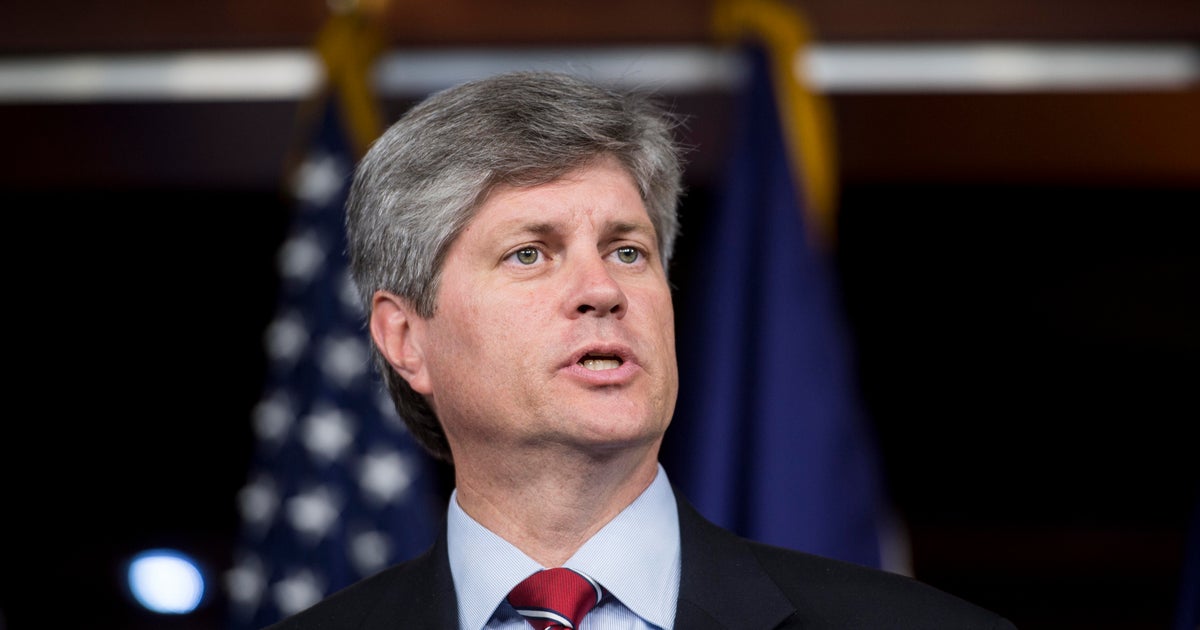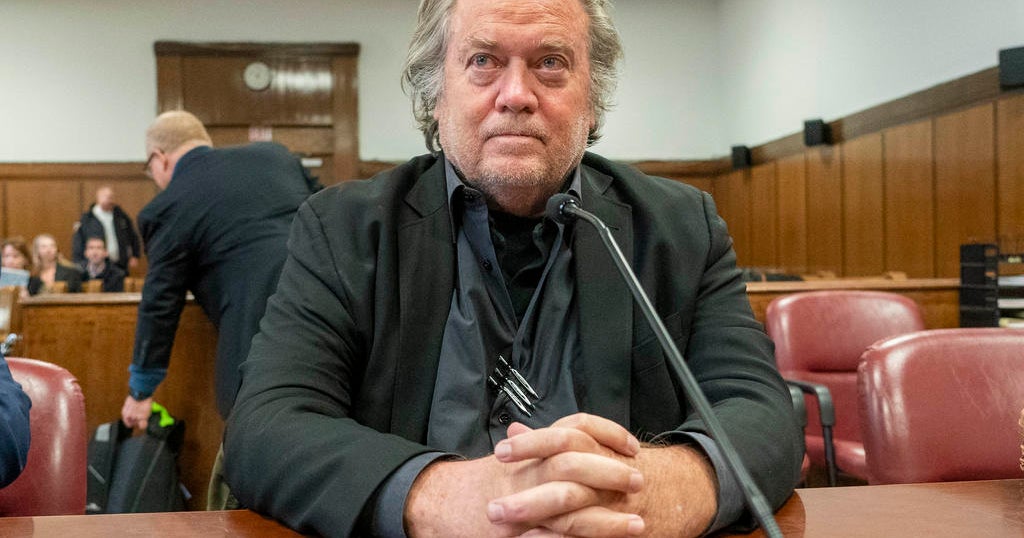Former DEA spokesman posed as CIA operative in $4.4 million fraud scheme
Washington — A former spokesman for the Drug Enforcement Administration (DEA) posed for years as a covert CIA operative working on a highly classified government program to scam at least a dozen companies out of nearly $4.4 million, federal prosecutors said Thursday.
Garrison Courtney, 44, pleaded guilty to one count of wire fraud during a hearing in federal court in Virginia. He faces up to 20 years in prison at his sentencing in October and must pay full restitution to the 12 unidentified companies as part of his plea deal.
"Courtney went to extraordinary lengths to perpetuate the illusion that he was a deep-cover operative," the U.S. Attorney's Office for the Eastern District of Virginia said in a statement announcing his guilty plea.
Courtney was a spokesman for the DEA from 2005 to 2009, and the scheme began three years later, according to court papers. Prosecutors said he presented himself and another person, identified as "Individual A," as CIA operatives who needed the companies to place them on their payrolls, claiming the pair needed "commercial cover" to hide their affiliation with the spy agency.
In exchange for their help, Courtney told the companies they would be awarded lucrative federal contracts and be reimbursed for his time on payroll. The scheme lasted from 2012 until at least 2016.
But neither Courtney nor Individual A were ever CIA employees. Court papers said Courtney applied in 2005 and received a conditional offer, but the offer eventually lapsed. Individual A likewise received an offer in 2006 that expired. The U.S. Attorney's Office would not comment on whether "Individual A" could face charges, or if the person was cooperating with the government.
Prosecutors said Courtney approached businesses and claimed the so-called "task force" he was working on was created by officials at the highest levels of federal government, "including the President of the United States, the Attorney General, the Director of National Intelligence, the Undersecretary of Defense for Intelligence, the Administrator of the Drug Enforcement Administration, or some combination of those officials."
The story behind the nonexistent program changed from time to time. Courtney told some victims that the program supported covert special operations in Africa. Other times, the statement of facts said, he explained its mission was to "enhance intelligence-gathering capabilities" in response to a former contractor leaking information from the intelligence community. None of this was true.
Unbeknownst to his victims and some witnesses, Courtney lied about his background, and went so far as to make them sign fake non-disclosure agreements barring them from discussing what he claimed was classified information.
"Courtney's true intent in requiring individuals to sign such fraudulent non-disclosure agreements was to maintain the illusion that he was a covert intelligence officer, and to prevent detection of his fraud by victims, witnesses, and law enforcement," the statement of facts said.
As a means to double down on the scheme, Courtney created phony documents to show the companies they had been awarded contracts with various federal agencies in exchange for their assistance. Courtney even enlisted government officials to serve "as unwitting props in his scheme to defraud" the companies in meetings with executives. He was granted access to meet with victims in secure facilities known as SCIFs by government officials he had duped as part of the scheme, according to the U.S. Attorney's Office.
The U.S. Attorney's Office would not say how many government officials were involved or whether any had lost their job in connection to the case.
Courtney told some victims they were under surveillance by foreign intelligence agencies, and would search them for electronic devices. When his credibility was called into question, he would accuse that person of being a spy for foreign powers.
"In one example of this tactic, Courtney falsely accused an individual of being an Iranian spy after that individual publicly accused Courtney of engaging in a fraud," the statement of facts said.
As the scheme was ongoing, Courtney managed to get a job as a contractor with a branch of the National Institutes of Health that assists other federal agencies with acquisitions. In that role he had access to sensitive, nonpublic information, and was able to "corrupt and attempt to corrupt federal procurements" by steering contracts towards companies where he was on the payroll.
An official from the U.S. Attorney's Office would not comment when asked about Courtney's motivation to carry out the fraud. Courtney's attorney did not immediately respond to a request for comment on Thursday.



